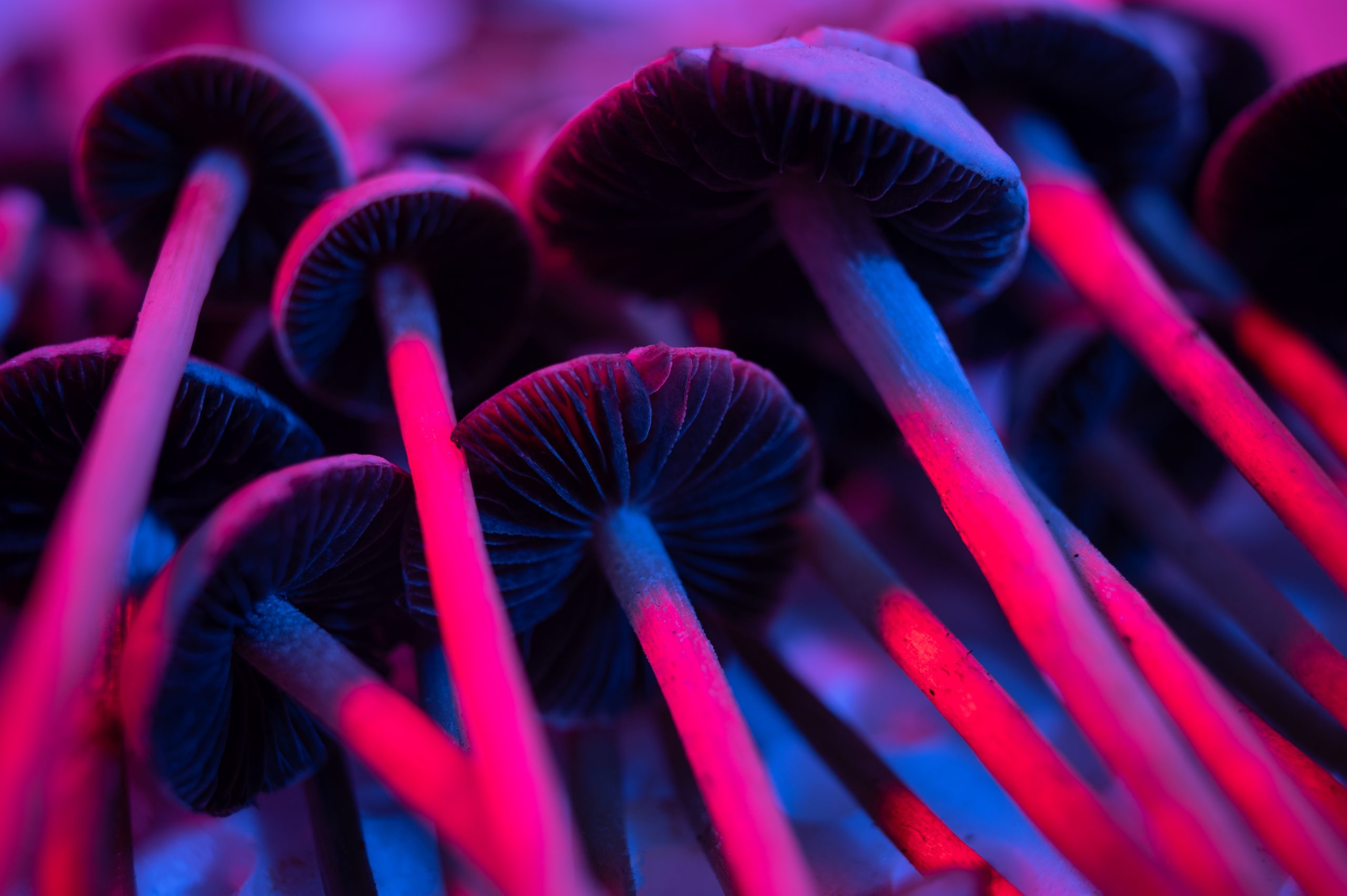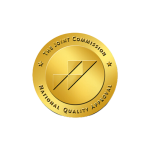Are Magic Mushrooms Legal in California: What You'll Learn:
- Understanding what magic mushrooms are.
- Reasons why are magic mushrooms illegal.
Magic mushrooms have been a topic of curiosity and controversy for many years. With evolving laws and increasing interest in their potential therapeutic benefits, it's essential to understand their legal status and effects. This information will help those struggling with addiction make informed decisions and seek appropriate help.
What Are Magic Mushrooms?
Magic mushrooms are a group of fungi that contain the psychoactive compound psilocybin. When ingested, psilocybin is converted into psilocin, which affects serotonin receptors in the brain, leading to altered perceptions, mood changes, and hallucinations. These mushrooms have been used for centuries in various cultures for spiritual and therapeutic purposes.
Example: Common species of magic mushrooms include Psilocybe cubensis and Psilocybe semilanceata. Users often report experiencing heightened sensory perception, profound insights, and emotional release.
Are Magic Mushrooms Legal in California?
While the state has made strides in drug reform, magic mushrooms remain illegal under both state and federal law. However, there are ongoing efforts and discussions around decriminalization and medical use.
- Current Legal Status: Possession, sale, and distribution of psilocybin mushrooms are prohibited under California law. Penalties can include fines, imprisonment, or both.
- Decriminalization Efforts: Some cities in California, like Oakland and Santa Cruz, have decriminalized the possession and use of magic mushrooms. This means that while they remain illegal, law enforcement prioritizes other issues over prosecuting personal use cases.
- Medical Research: There is growing interest in the potential therapeutic benefits of psilocybin, leading to clinical trials and research. However, this does not equate to legal recreational use.
Why Are Magic Mushrooms Illegal?
We need to look at historical and regulatory contexts:
- Historical Context: In the 1960s, the use of psychedelic substances, including magic mushrooms, became popular in the counterculture movement. This led to widespread concern about their effects on public health and safety.
- Controlled Substances Act: In 1970, the United States passed the Controlled Substances Act, which classified psilocybin as a Schedule I drug. This classification means it has a high potential for abuse, no accepted medical use, and a lack of safety under medical supervision.
- Public Safety Concerns: The illegality of magic mushrooms is also based on concerns about their potential for abuse, unpredictable effects, and the risk of psychological distress or harm.
Is Psilocybin Addictive?
The answer is not straightforward and requires a nuanced understanding:
- Addiction Potential: Psilocybin is not considered physically addictive. Users do not typically develop a chemical dependency or experience withdrawal symptoms similar to those associated with substances like alcohol or opioids.
- Psychological Dependence: While physical addiction is rare, some individuals may develop a psychological dependence, using magic mushrooms repeatedly to escape reality or cope with stress.
- Tolerance: Regular use of psilocybin can lead to rapid tolerance, meaning that higher doses are needed to achieve the same effects. This can discourage frequent use, reducing the risk of addiction.
What Are the Risks of Using Magic Mushrooms?
Understanding the risks associated with magic mushrooms is essential for informed decision-making:
- Mental Health: Psilocybin can exacerbate underlying mental health conditions such as anxiety, depression, or schizophrenia. It can also trigger acute psychological distress, known as a "bad trip."
- Legal Consequences: Possession and use of magic mushrooms can lead to legal repercussions, including arrest and criminal charges.
- Physical Risks: While psilocybin itself is not toxic, consuming the wrong type of mushroom can lead to poisoning. Additionally, impaired judgment during a trip can result in accidents or injuries.
If you or someone you love is struggling with addiction, understanding the complexities of substances like magic mushrooms is crucial. At American Recovery, we offer comprehensive programs to help individuals navigate addiction and its challenges. Contact us today at 866-484-2502 to learn more about how we can support you on your journey to recovery.


